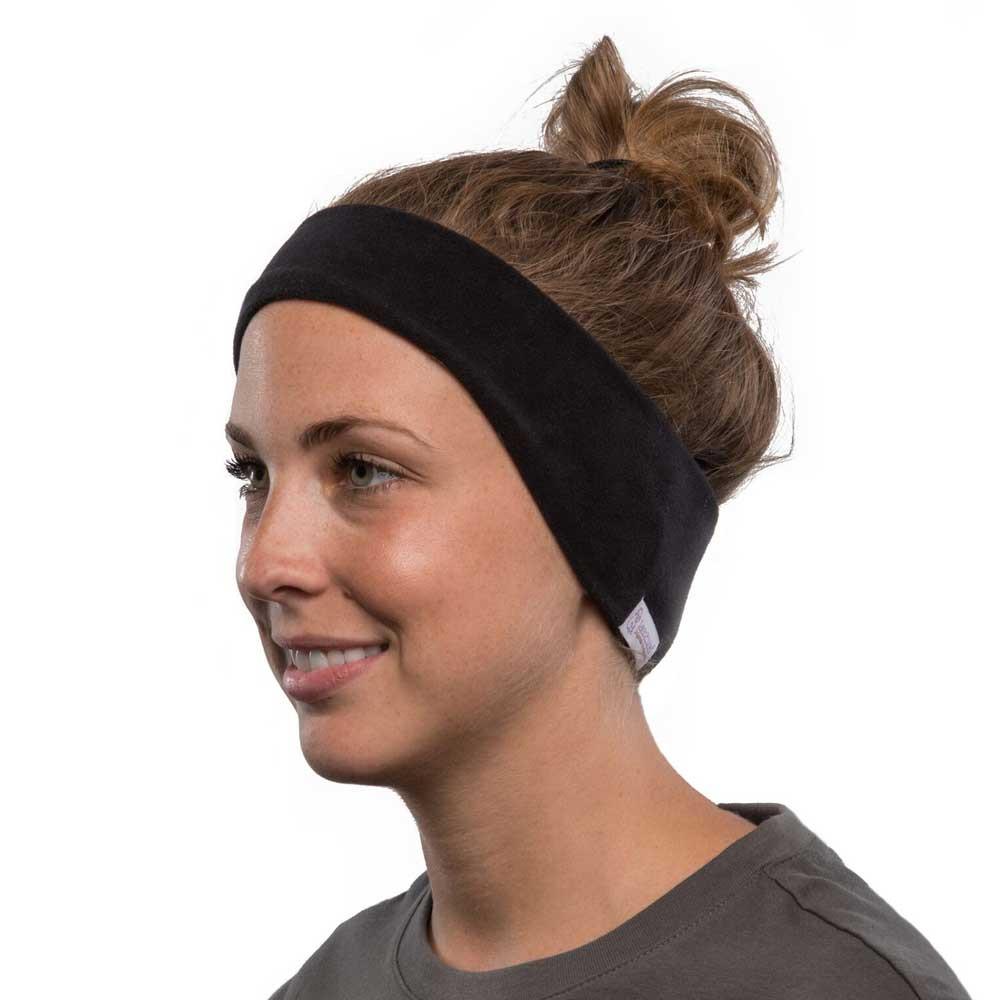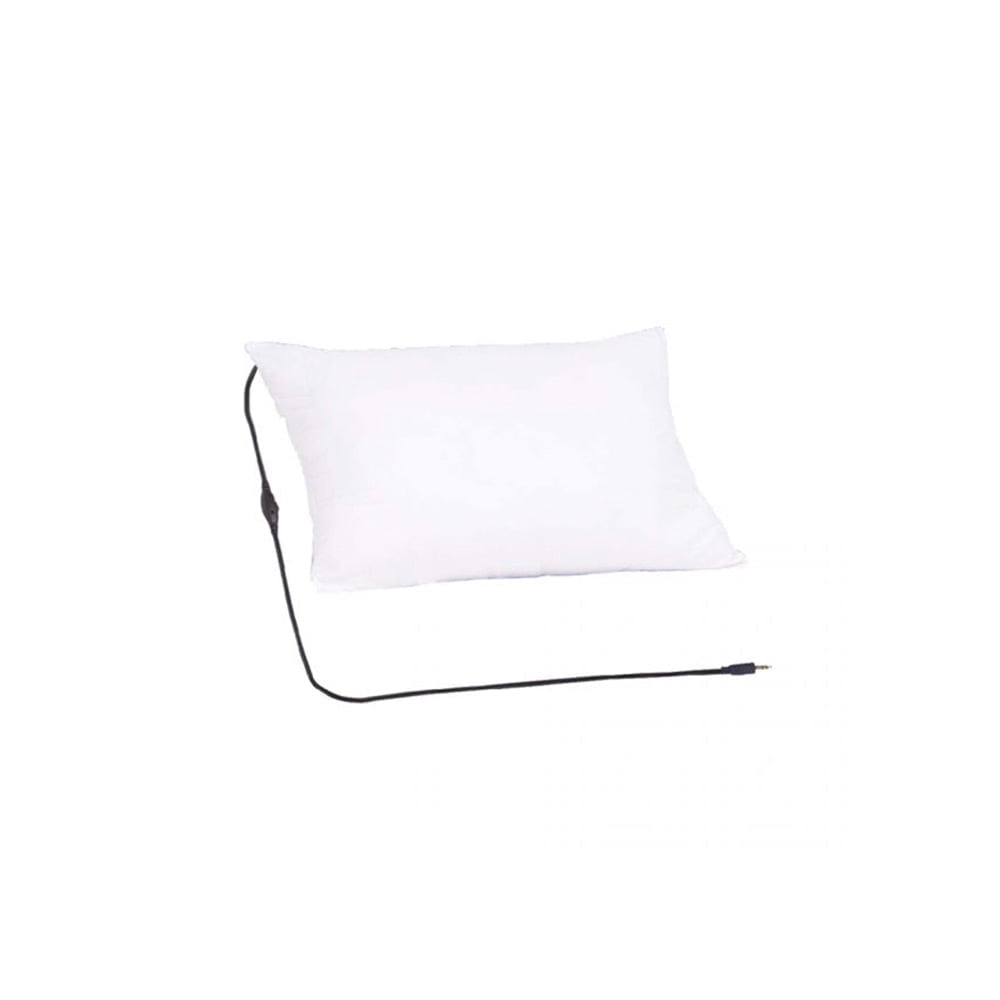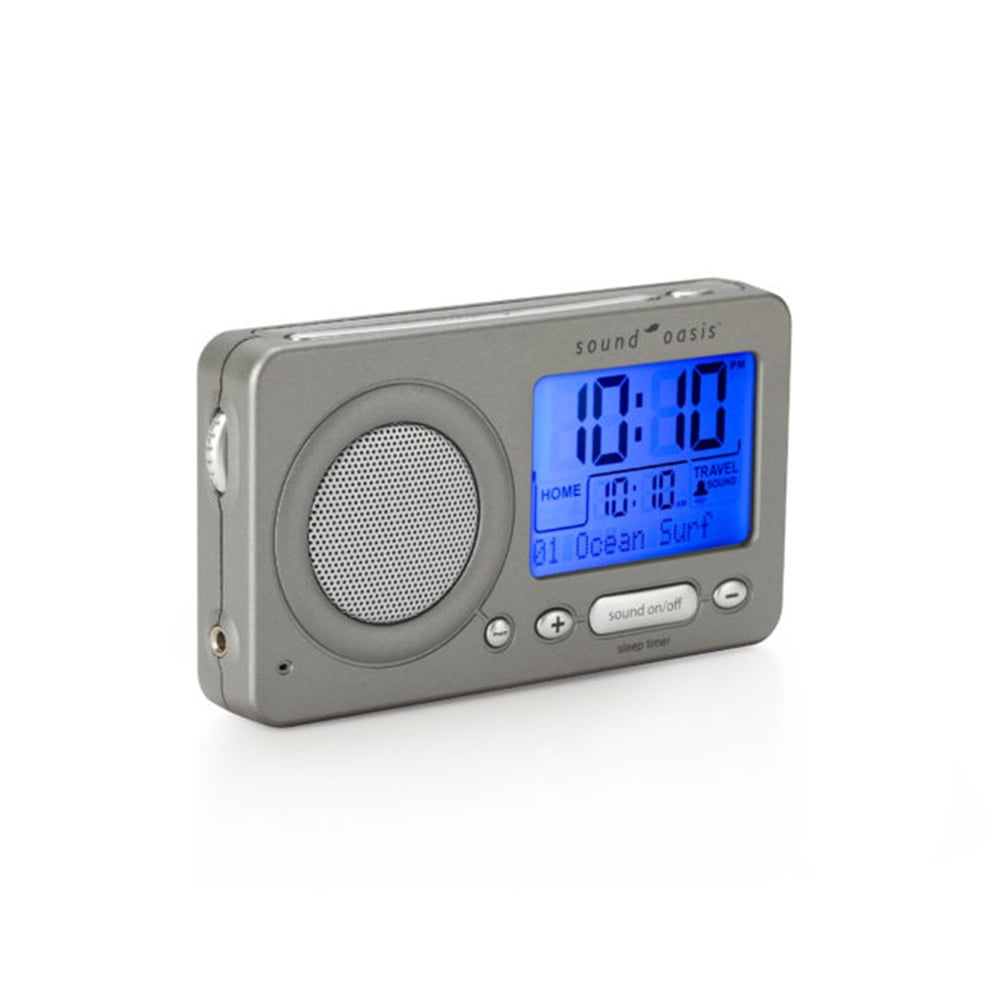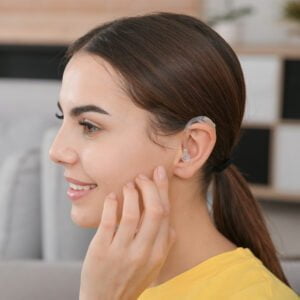Tinnitus and Sleep: Overcoming Nighttime Disruptions for Better Rest
Tinnitus, characterised by persistent ringing, buzzing, or humming in the ears, affects millions worldwide, often interfering with daily life. However, one of the most challenging aspects of this condition is its impact on sleep quality. The constant noise can make it difficult to relax, fall asleep, or stay asleep, leading to fatigue, stress, and reduced well-being.
Since quality sleep is essential for overall health and mental clarity, it’s crucial for those experiencing tinnitus and sleep disturbances to adopt effective coping strategies. In this blog post, we’ll explore how tinnitus affects sleep patterns and share practical techniques—from sound therapy to relaxation methods—that can help you achieve the peaceful and restorative sleep you deserve.
Tinnitus and Sleep: Understanding its Effects
The connection between tinnitus and sleep is undeniable, with persistent ringing, buzzing, or humming in the ears significantly impacting sleep quality. For many individuals, the stillness of the night can make tinnitus seem even louder, creating a heightened state of awareness that makes it difficult to relax and drift into restful sleep. This heightened perception often leads to difficulty falling asleep, as the brain struggles to tune out the intrusive sounds.
Tinnitus-related sleep disturbances can also create a vicious cycle—poor sleep leads to increased stress, fatigue, and irritability, which in turn can exacerbate tinnitus symptoms. This cycle not only affects sleep but also impacts daytime functioning, concentration, and emotional well-being. Additionally, tinnitus sufferers often experience frequent night awakenings, leading to fragmented sleep patterns that leave them feeling unrested and exhausted during the day.
Recognising the complex link between tinnitus and sleep is key to breaking this cycle. By implementing effective sleep management strategies, such as sound therapy, relaxation techniques, and maintaining a structured sleep routine, individuals can reduce the impact of tinnitus on their sleep and improve their overall quality of life.

Establishing a Relaxing Bedtime Routine
Establishing a calming bedtime routine is crucial for those struggling with tinnitus and sleep disturbances. The persistent ringing or buzzing in the ears can make it difficult to unwind, but by incorporating relaxation techniques and creating a soothing sleep environment, you can improve your ability to fall asleep faster and stay asleep longer. Reducing stress before bed helps minimise tinnitus-related disruptions, promoting a more restful and refreshing night. Here are some effective tips to help you develop a bedtime routine that supports improve tinnitus and sleep:
- Limit Screen Time: The blue light emitted by electronic devices can disrupt the natural sleep-wake cycle. Minimise exposure to screens such as smartphones, tablets, and televisions at least an hour before bedtime. Instead, engage in calming activities like reading a book or practicing gentle stretching exercises.
- Create a Comforting Environment: Design your bedroom as a tranquil sanctuary conducive to sleep. Keep the room cool, dark, and quiet, using blackout curtains, earplugs, or a white noise machine if necessary. Make sure your mattress, pillows, and bedding are comfortable and supportive.
- Wind Down with Relaxation Techniques: Incorporate relaxation techniques into your bedtime routine to promote a sense of calm. This can include deep breathing exercises, progressive muscle relaxation, guided imagery, or meditation. Experiment with different techniques to find what works best for your tinnitus and sleep.
- Engage in a Soothing Activity: Find an activity that helps you unwind and relax before bed. This could involve listening to soft music, taking a warm bath, practicing gentle yoga, or enjoying a cup of caffeine-free herbal tea. Engaging in activities that promote relaxation signals to your body that it’s time to wind down for sleep.
- Establish a Consistent Sleep Schedule: Try to go to bed and wake up at the same time each day, even on weekends. This consistency helps regulate your body’s internal clock and improves sleep quality over time. Gradually transition into your bedtime routine at least 30 minutes before you plan to sleep to allow your mind and body to relax fully.
Remember, creating a relaxing bedtime routine is a personal process. It may take time to discover the combination of activities that work best for you. Be patient and allow yourself to experiment with different strategies until you find what helps you unwind and prepare for a restful night’s sleep.

Managing Stress and Anxiety
Tinnitus and sleep are closely linked, as stress and anxiety can heighten the perception of tinnitus and make it harder to fall or stay asleep. The constant ringing or buzzing in the ears can trigger restlessness, while poor sleep can further intensify tinnitus symptoms, creating a frustrating cycle. Managing stress and anxiety is essential for reducing tinnitus-related sleep disturbances and improving overall well-being. Here are some effective strategies to help ease stress, promote relaxation, and support better tinnitus and sleep management:
- Mindfulness Meditation: Practicing mindfulness meditation can help reduce stress and promote relaxation. Set aside a few minutes each day to focus on your breath and observe your thoughts and sensations without judgment. Mindfulness can help shift your attention away from tinnitus and promote a sense of calmness, making it easier to relax before bed.
- Deep Breathing Exercises: Deep breathing exercises are simple yet effective techniques for reducing stress and anxiety. Take slow, deep breaths, inhaling deeply through your nose and exhaling slowly through your mouth. Focus on the sensation of your breath entering and leaving your body, allowing it to bring a sense of relaxation and tranquility.
- Progressive Muscle Relaxation: Progressive muscle relaxation involves tensing and then relaxing different muscle groups in your body, promoting physical and mental relaxation. Start by tensing and then releasing the muscles in your feet, gradually working your way up to your head. This technique can help release tension and prepare your body for sleep.
- Engage in Relaxing Activities: Engaging in activities that promote relaxation and stress reduction can positively impact your sleep. This can include reading a book, taking a warm bath, practicing gentle yoga or stretching, or listening to calming music. Find activities that bring you joy and help you unwind, making them part of your bedtime routine.
- Cognitive Behavioural Therapy (CBT): Consider seeking professional help from a therapist who specializes in cognitive behavioural therapy (CBT). CBT can help you identify and challenge negative thoughts and behaviours associated with tinnitus and sleep difficulties. By reframing your perception of tinnitus and addressing underlying anxiety, CBT can have a positive impact on your overall well-being.
Managing stress and anxiety is a personal journey, and it may require a combination of different techniques to find what works best for you. Make sure to give yourself enough time to explore different strategies until you discover the ones that bring you relief and promote a calmer state of mind.

Targeted Equipment for Tinnitus Relief
Alongside lifestyle changes, using specialised equipment and products can offer targeted relief for managing tinnitus and sleep disturbances. The persistent ringing or buzzing in the ears can make it difficult to relax, but innovative solutions can help mask tinnitus sounds and create a more peaceful sleep environment. Hearing Aid Accessories provides a range of advanced tinnitus relief products designed to improve sleep quality and reduce nighttime discomfort. From white noise machines and sound therapy devices to sleep-friendly hearing aids, these solutions can make a significant difference in your ability to fall asleep and stay asleep. Let’s explore some of the best products available to support tinnitus and restful sleep.
SleepPhones Wireless Bluetooth Headband Headphones V7:
SleepPhones headbands, designed by a family doctor, are a perfect companion for those seeking relief from tinnitus and sleep quality time. These headbands allow you to comfortably listen to your favourite music, ambient sounds, podcasts, or audiobooks while you drift off to sleep. The soft, cozy headband wraps around your ears, providing a comfortable and secure fit. With built-in Bluetooth technology, SleepPhones easily connect to your compatible Bluetooth devices, offering a seamless and wireless experience.

Sound Pillow® For Tinnitus Pain Relief:

The Sound Pillow® is a unique product that aids troubled sleep and relieves tinnitus pain by providing soothing sounds directly to your pillow. By connecting your compatible device to the Sound Pillow, you can enjoy soft music, relaxing sounds, or soothing background noises that can help mask tinnitus sounds and promote a more tranquil sleep environment. The Sound Pillow is designed to provide comfort and support while delivering targeted sound therapy to alleviate tinnitus symptoms.
Sound Oasis S-850 Travel Sleep Sound Therapy System:
The Sound Oasis S-850 Travel Sleep Sound Therapy System is a versatile device that offers an array of sounds to enhance sleep quality and manage tinnitus, whether you’re at home or on the go. This compact and portable system provides a wide range of high-quality, digitally recorded sounds that can be customised to your preferences. With features such as volume control, timer settings, and a headphone jack, the Sound Oasis S-850 allows you to create a personalised sleep environment that promotes relaxation and tinnitus relief.

Explore Our Range of Tinnitus-Alleviating Products
At Hearing Aid Accessories, we understand the challenges that come with tinnitus and the importance of quality sleep. That’s why we offer a range of tinnitus-alleviating products designed to enhance your sleep experience and provide relief from tinnitus symptoms. We invite you to browse our full selection and explore how they can complement your existing strategies for managing the condition.





